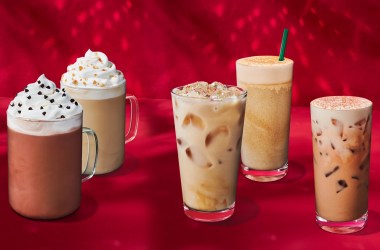
Oct. 6, 2025
Starbucks holiday menu drops in November — here’s what’s on it
Our experts' review of the top food-drink products.